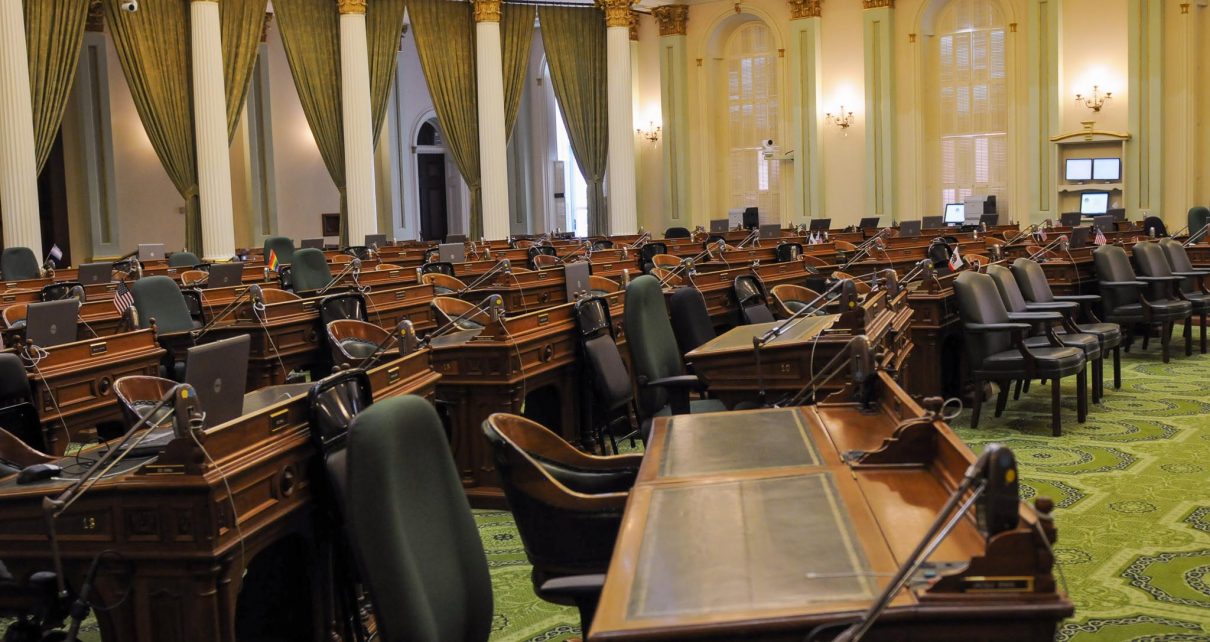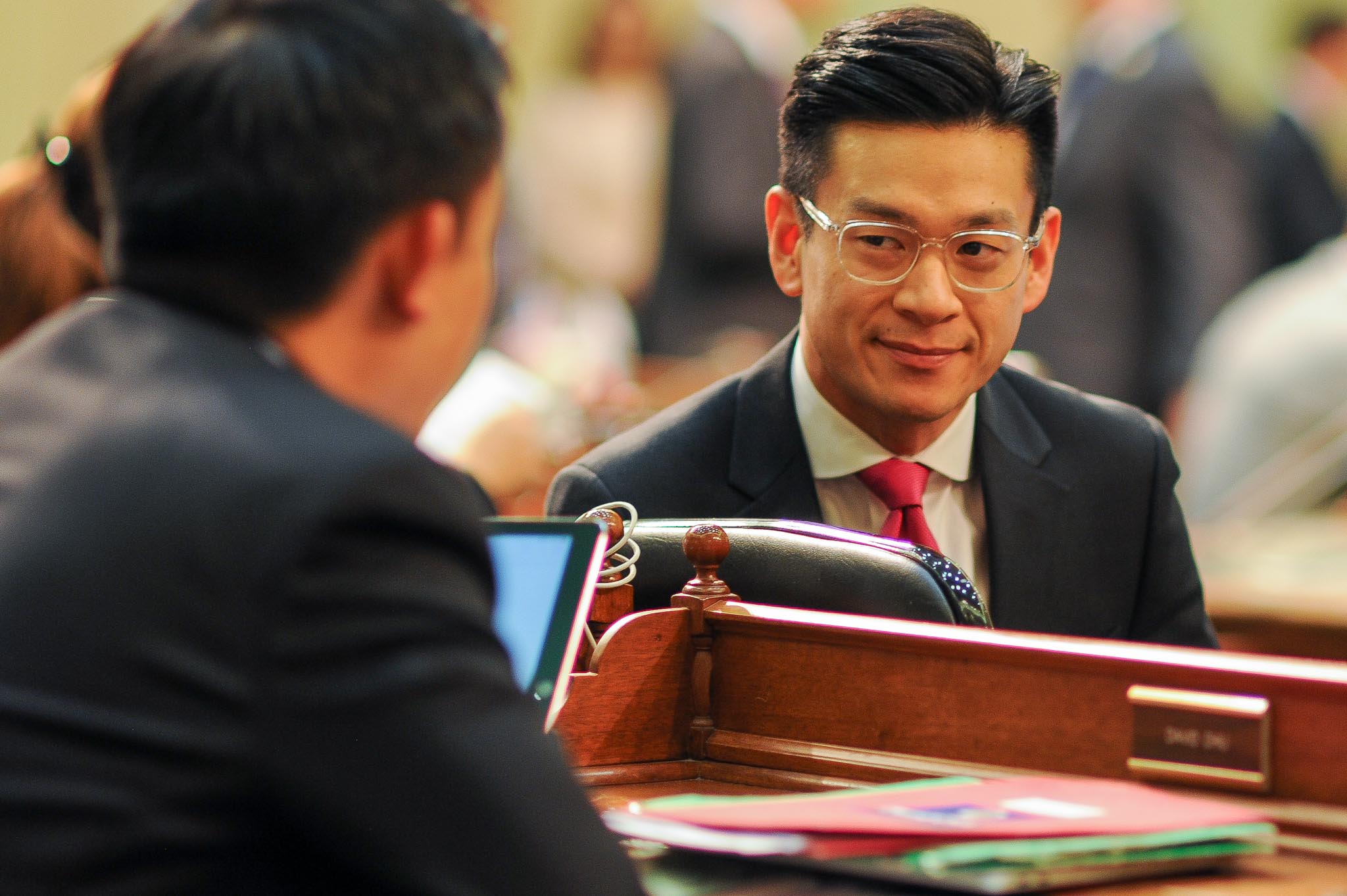
California State Assembly. (Photo: Kevin Sanders for California Globe)
‘Sue-Your-Boss’ Law Funds Should Not Be Diverted to Non-Labor Enforcement Efforts
In the 2020-21 budget, $107 of PAGA settlement money was transferred to General Fund to fill shortfall
By Chris Micheli, August 19, 2021 6:43 am
In the 2020-21 state Budget Act, there was a $107 million transfer of Private Attorneys General Act settlement money to the state General Fund, part of the legislative “solutions” that were cobbled together to address the anticipated $54 billion shortfall during the early stages of the pandemic, which obviously never came to fruition.
The Private Attorneys General Act (PAGA), also known as the “Sue-Your-Boss” law, was created in October 2003, via Senate Bill 796, and signed into law as Chapter 906. SB 796 added Part 13 (commencing with Section 2698) to Division 2 of the Labor Code.
SB 796 allows aggrieved employees to bring civil actions to recover penalties if the Labor & Workforce Development Agency (LWDA) or its departments, divisions, commissions, boards, agencies, or employees do not do so. The penalties collected in these actions are distributed 50% to the General Fund, 25% to the LWDA for education, to be available for expenditure upon appropriation by the Legislature, and 25% to the aggrieved employee.
In Section One of SB 796, there are four legislative findings and declarations justifying the enactment of the bill. The first legislative finding and declaration provides: “(a) Adequate financing of essential labor law enforcement functions is necessary to achieve maximum compliance with state labor laws in the underground economy and to ensure an effective disincentive for employers to engage in unlawful and anticompetitive business practices.”
In addition, there was this legislative finding and declaration in SB 796: “(c) Staffing levels for state labor law enforcement agencies have, in general, declined over the last decade and are likely to fail to keep up with the growth of the labor market in the future.”
The bill analysis from 2003 notes, “Proponents contend that the state’s current inability to enforce labor laws effectively is due to inadequate staffing and to the continued growth of the underground economy.” In other words, a key purpose of PAGA was to supplement the budget of LWDA to ensure state enforcement of the labor laws.
Unfortunately, the $107 million transfer of PAGA settlement money to the state General Fund went toward the anticipated $54 billion shortfall.
The language from last year’s Budget Act provides that, “The Director of Finance may transfer up to $107,000,000 as a loan to the General Fund. The director shall order the repayment of all or a portion of the loan if the director determines that either of the following circumstances exists: (a) the fund or account from which the loan was made has a need for the moneys, or (b) there is no longer a need for the moneys in the fund or account that received the loan. This loan shall be repaid with interest calculated at the rate earned by the Pooled Money Investment Account at the time of transfer.”
As part of the 2020 Budget Act, this $107 million is a loan to be repaid in the future. It is apparently scheduled for repayment with interest in the 2024-25 fiscal year, which appears unjustified with the more than $38 billion budget surplus this year. Regardless, these PAGA settlement funds were intended to ensure adequate staffing for enforcement of the state’s labor laws and should not be diverted for other uses, regardless of the state’s financial position.
Considering the original purpose of PAGA and its continued exploitation by the plaintiff’s bar, any PAGA settlement funds paid to the State of California should only be used to fund staff and enforcement efforts at LWDA and not be usurped for unrelated purposes. Otherwise, the PAGA statute should be eliminated.
- Stay of Appeals - March 4, 2026
- Liability for a Deceased Spouse’s Debt - March 4, 2026
- Wildlife Management Areas - March 3, 2026





What we need in California instead, is a “Sue Your Professor” Law.